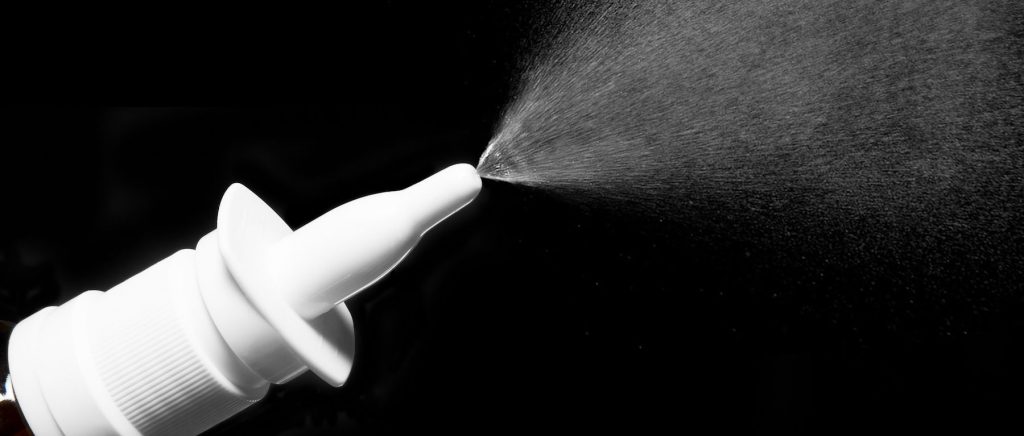The US Food and Drug Administration has approved esketamine to treat adults whose depression hasn’t responded to other antidepressants, the agency announced in a statement yesterday (March 5). Spravato, an esketamine-containing nasal spray developed by Johnson & Johnson, was tested for use with oral antidepressants as a therapy for treatment-resistant depression.
Spravato is the first major depression drug to enter the US market in decades, reports STAT. Compared to many currently available antidepressants that may take weeks or months to produce an effect, esketamine works within hours, according to The Washington Post.
Its swift action “is a huge thing because depressed patients are very disabled and suffer enormously,” John Mann, a psychiatrist and researcher at Columbia University, tells The Associated Press.
Esketamine is a relative of ketamine, a powerful anesthetic that has been co-opted as a party drug because it can produce euphoric effects and psychedelic experiences. Esketamine and ketamine work by targeting glutamate, unlike currently used antidepressants that target serotonin, and doctors were already using ketamine off-label to treat depression, according to the AP.
Spravato will cost between $590 and $885 per treatment. At two sessions a week, the cost is upwards of $4,720 in the first month. Maintenance therapy afterwards would be $2,360 to $3,540 per month, according to the Post.
Patients taking the drug may feel sedated or experience difficulties with attention, thinking, and judgment. The drug’s labeling will also warn about the risks of misuse, abuse, and possible suicidal thoughts. Because of these concerns, the drug must be taken at a certified health care provider’s office and patients are to be monitored for two hours after receiving it, according to. the statement.
Some experts say the trial results were not strong enough to warrant the approval at this point. “The threshold has been two adequate and well-controlled trials. In this case, they only got one,” Erick Turner, a psychiatrist at Oregon Health and Science University, told STAT last month.







